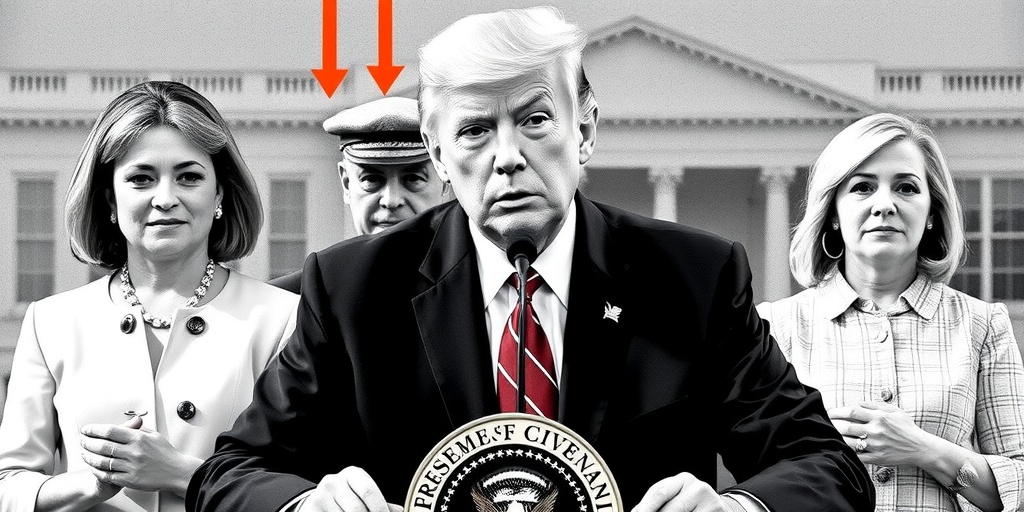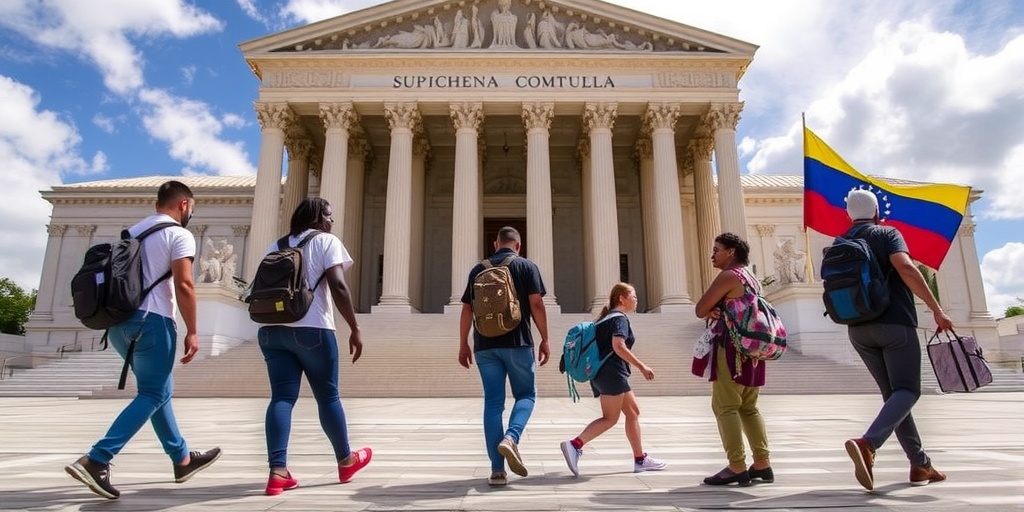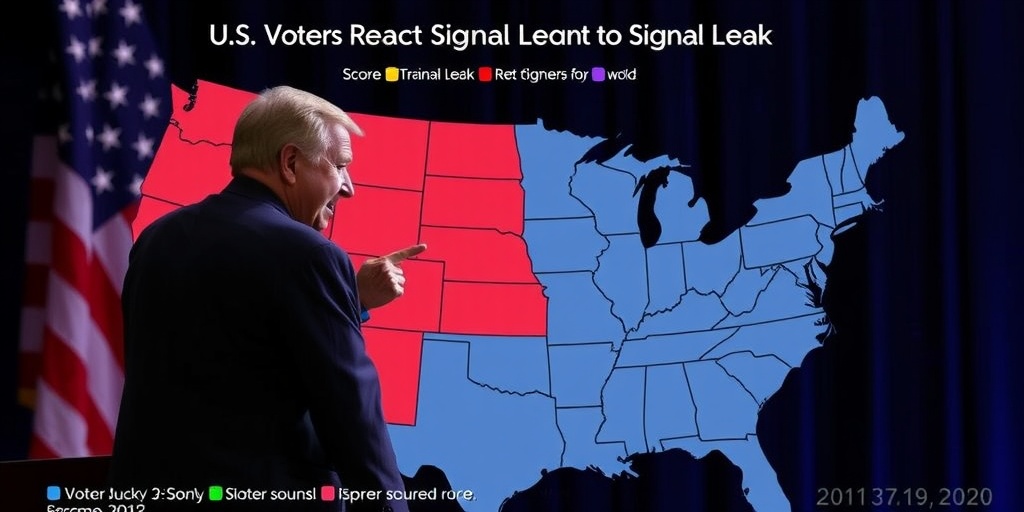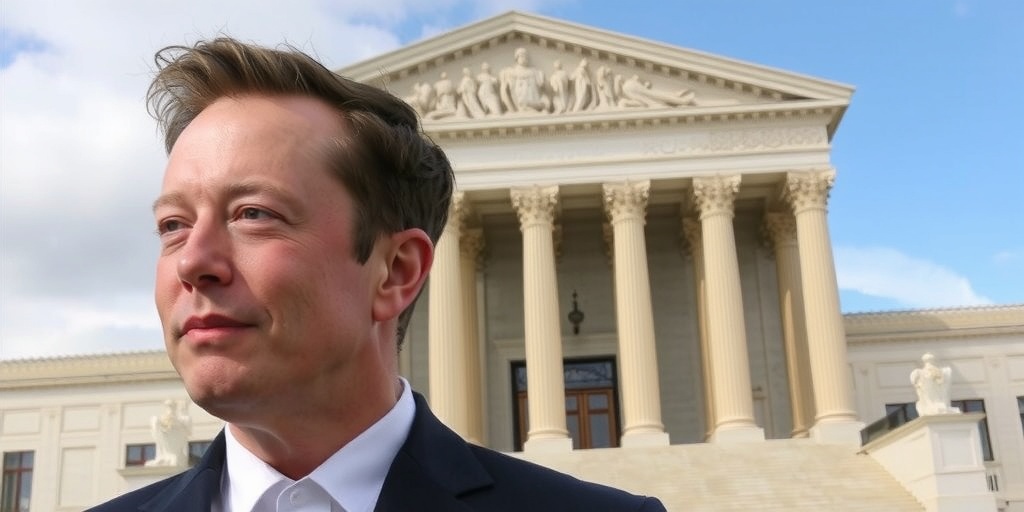Now Reading: Why Is ICE Targeting College Students for Detention?
-
01
Why Is ICE Targeting College Students for Detention?
Why Is ICE Targeting College Students for Detention?

Title: Controversy Erupts Over Deportation of Pro-Palestinian Students Amidst National Security Claims
In a significant and controversial move, the Trump administration is pursuing the deportation of several pro-Palestinian students who have been legally residing in the United States. Officials have cited national security concerns as the basis for these actions, provoking considerable backlash from civil liberties advocates and First Amendment experts. Critics argue that such measures fundamentally undermine free speech protections and threaten the academic freedom that has long been a cornerstone of American universities.
The targeted students, many of whom are involved in activism or advocacy for Palestinian rights, contend that their political beliefs and actions have placed them in the crosshairs of a government crackdown that many view as politically motivated. They assert that their rights to free speech and protest are guaranteed under the First Amendment, which protects individuals from government reprisals based on their political viewpoints.
Anemona Hartocollis, a national reporter for The New York Times who focuses on higher education issues, has been investigating the legal implications surrounding these deportation cases. Hartocollis emphasizes the precarious situation these students find themselves in, trapped between national security claims and their constitutional rights. She notes that the administration’s actions could set a dangerous precedent for how dissent and differing political ideologies are treated in academic settings.
According to Hartocollis, the legal battles these students face could reshape the landscape of American universities, potentially stifling the robust discourse that has been a hallmark of higher education. “If the government can deport students based on their political beliefs or activism, it creates an atmosphere of fear among students,” she explains. “Many may choose to self-censor, worried that their outspoken support for certain causes could have dire consequences.”
The issue has drawn considerable attention from civil liberties organizations, including the American Civil Liberties Union (ACLU) and the Foundation for Individual Rights in Education (FIRE). These groups argue that the deportation efforts violate both the students’ rights and the principles of free speech that are integral to the mission of educational institutions. They have responded by providing legal support to affected students, emphasizing the importance of standing up against government overreach.
Professors and university administrators have also weighed in, expressing concern over how these deportation actions could impact the environment on campuses across the country. “Universities should be places where diverse viewpoints can be expressed and debated freely,” one professor noted. “This kind of government action is not only chilling for the students involved; it sends a message that dissent is unwelcome.”
Critics of the administration’s stance point to previous cases where political motivations were suspected behind deportation actions, arguing that this pattern could indicate a broader trend of targeting activists and dissenters. “It raises serious questions about who gets to decide what constitutes a threat to national security,” Hartocollis adds. “When political beliefs start to shape immigration enforcement, it endangers the very fabric of our democratic principles.”
The implications of these deportation moves extend beyond the individual students; they could materially alter the ways in which universities engage with controversial issues. With national security being invoked, some institutions may find themselves reluctant to host speakers or events that could draw attention from federal authorities. This self-censorship, Hartocollis argues, would dramatically undermine the academic freedom that has been a hallmark of higher education in the United States.
Legal analysts suggest that the outcome of the students’ cases could have long-lasting ramifications. If courts uphold the administration’s actions, it could embolden further attempts to suppress dissent and political activism on campus. Conversely, a ruling in favor of the students could reaffirm the protections that students have under the First Amendment, potentially reinforcing the idea that political expression is a vital aspect of university life.
As the legal battles unfold, advocates for free speech and civil liberties vow to continue their fight against what they see as a growing trend towards authoritarianism in the realm of education. They assert that higher education should be about fostering debate and understanding, not silencing those who challenge the status quo.
The outcome of these cases remains uncertain, but one thing is clear: the stakes are high, and the eyes of the nation are watching as the administration’s controversial actions challenge the fundamental freedoms that have long defined American society. The treatment of pro-Palestinian students may very well signal a larger cultural shift in how academic institutions navigate the complex intersection of politics, activism, and national security.
Stay Informed With the Latest & Most Important News
Previous Post
Next Post
-
 01New technology breakthrough has everyone talking right now
01New technology breakthrough has everyone talking right now -
 02Unbelievable life hack everyone needs to try today
02Unbelievable life hack everyone needs to try today -
 03Fascinating discovery found buried deep beneath the ocean
03Fascinating discovery found buried deep beneath the ocean -
 04Man invents genius device that solves everyday problems
04Man invents genius device that solves everyday problems -
 05Shocking discovery that changes what we know forever
05Shocking discovery that changes what we know forever -
 06Internet goes wild over celebrity’s unexpected fashion choice
06Internet goes wild over celebrity’s unexpected fashion choice -
 07Rare animal sighting stuns scientists and wildlife lovers
07Rare animal sighting stuns scientists and wildlife lovers





















